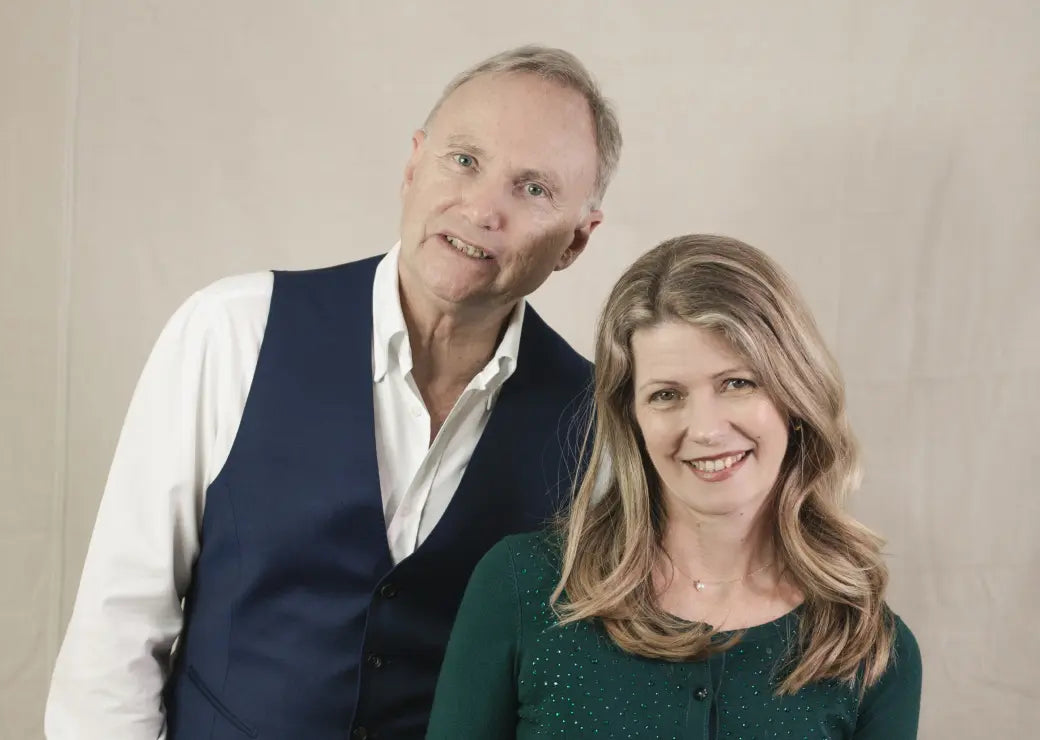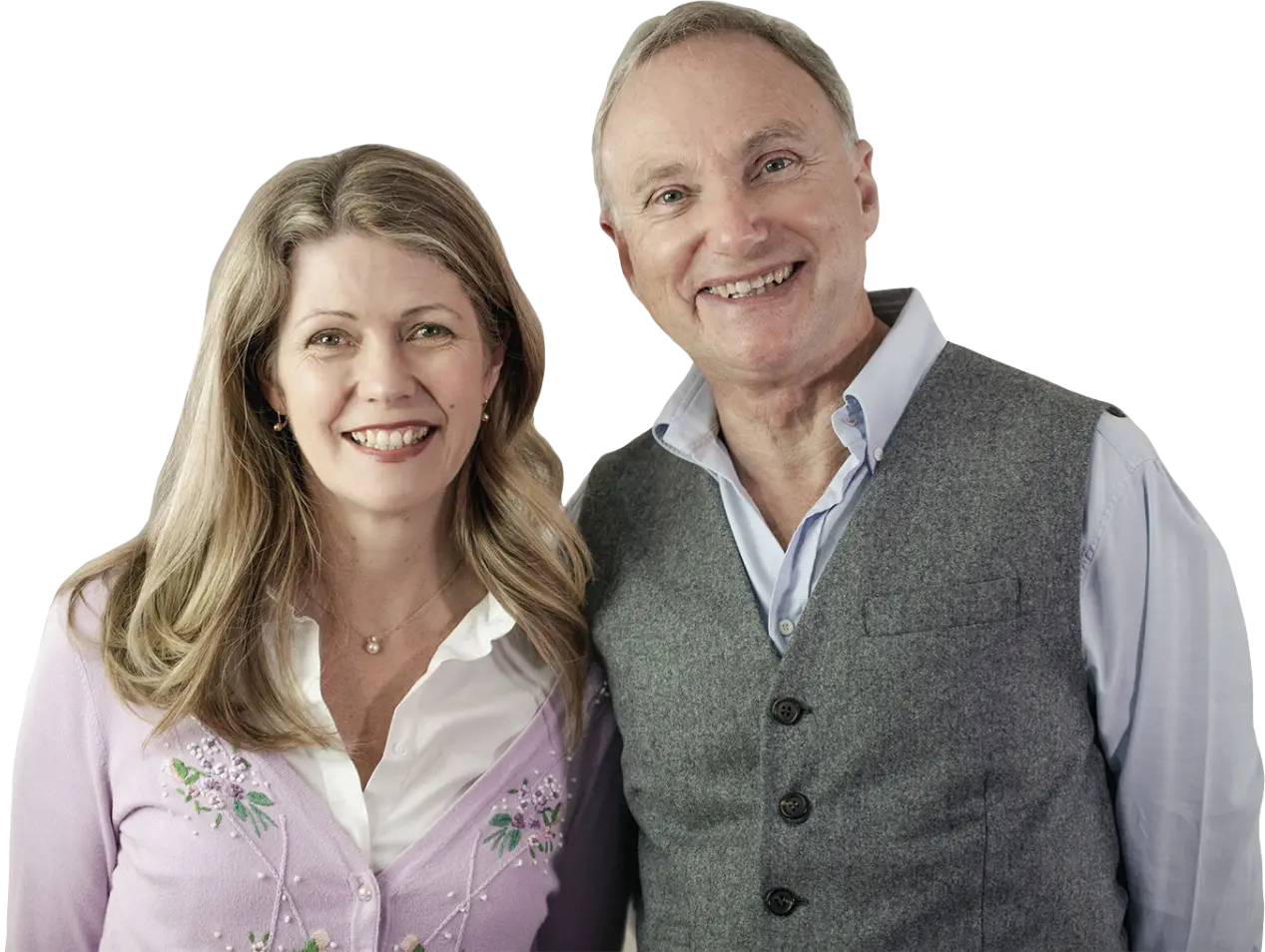Webcast: Autistic Burnout - 16th January 2026
GMT (London): 9:30am - 4pm
AEST (Brisbane): 7:30pm - 2am (the following morning)
Continuing Professional Development
To the recording
Handouts
with Michelle and Tony
Live training
An autistic life is not an easy life. There is the potential for great stress and chronic exhaustion from trying to cope with social and sensory experiences, being misunderstood and criticised, high levels of anxiety and, for many reasons, not feeling in touch with or able to be the authentic self and trying to cope with non-autism-friendly circumstances and attitudes.
In addition, self-imposed expectations may be greater than coping mechanisms and abilities. Subsequent stress can build up over time, which can lead to autistic burnout, which is characterised by increased social withdrawal, a form of ‘hibernation’ and reduced executive functioning. The frontal lobes are “closed”, awaiting recovery.
Research shows that autistic people who embrace their autism enjoy mental health benefits such as increased well-being, self-esteem and life satisfaction. However, many autistic teenagers and adults struggle to know who they are due to masking and camouflaging, which is a common cause of autistic burnout. It can be difficult to embrace being autistic in a community that largely misunderstands autism and where being autistic still carries stigma.
In this full-day workshop, we describe the factors that contribute and maintain autistic burnout, how to recognize and recover from burnout, potential barriers to developing a positive autistic identity, ways to overcome these barriers, and strategies we have developed to assist the autistic person to discover and enjoy their authentic self, avoiding future burnout. The content is relevant for all ages.
Identify the potential causes of autistic burnout
Recognise the signs of autistic burnout and appropriate assessment instruments
Compare the similarities and differences between burnout and depression
Be up-to-date with the latest relevant research and conceptual models
Know the strategies for ending autistic burnout, encouraging recovery and preventing relaps
To recognise barriers to developing a positive self-identity for an autistic person, including stigma, lack of an understanding of autism, bullying and abuse, and overuse of masking and camouflaging.
Understand ways to overcome each of these barriers.
Learn practices that assist autistic people to unmask safely, thus preserving their energy and increasing their self-knowledge.
Learn strategies to develop a better sense of self for yourself and/or your child.
Develop practices to increase self-awareness and self-compassion.
Learn strategies to uncover autistic strengths and challenges for yourself, your child, student or client.
Develop an understanding of how self-awareness can assist autistic people to overcome their challenges, including autistic burnout.


GMT (London): 9:30am - 4pm
AEST (Brisbane): 7:30pm - 2am (the following morning)